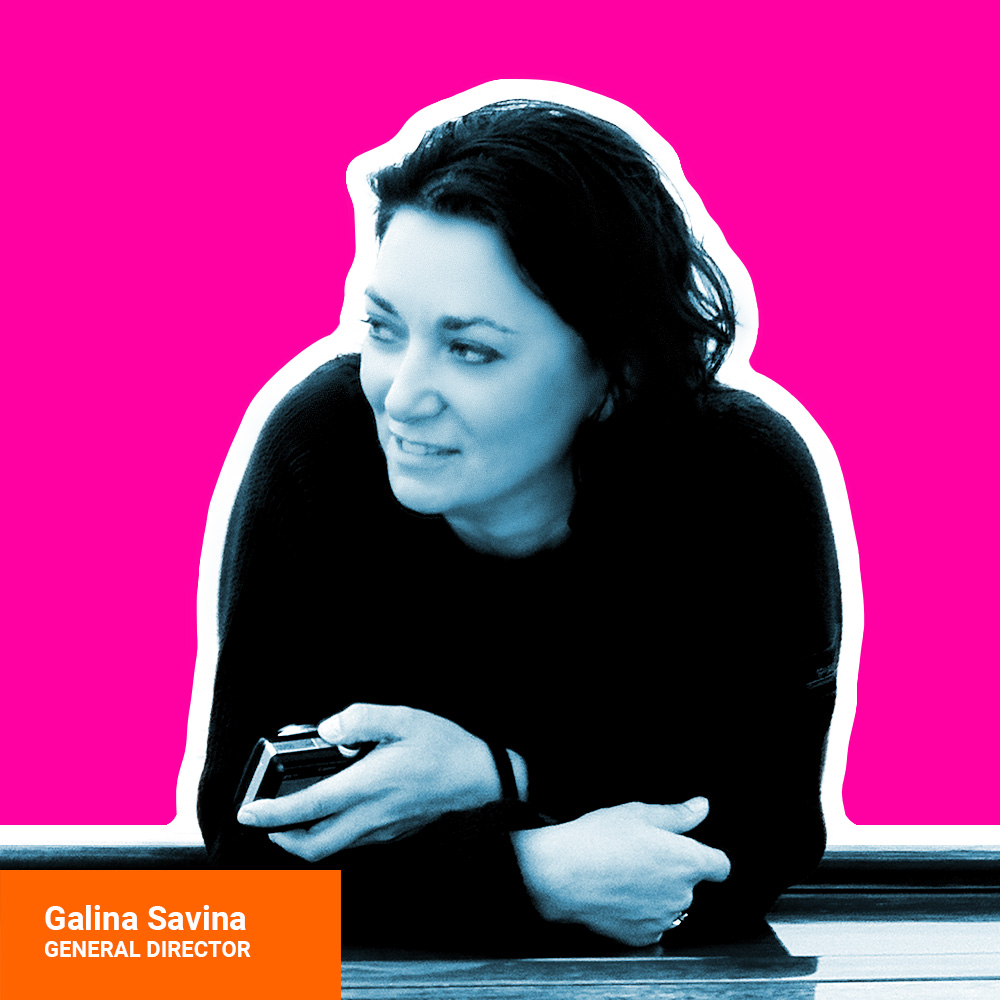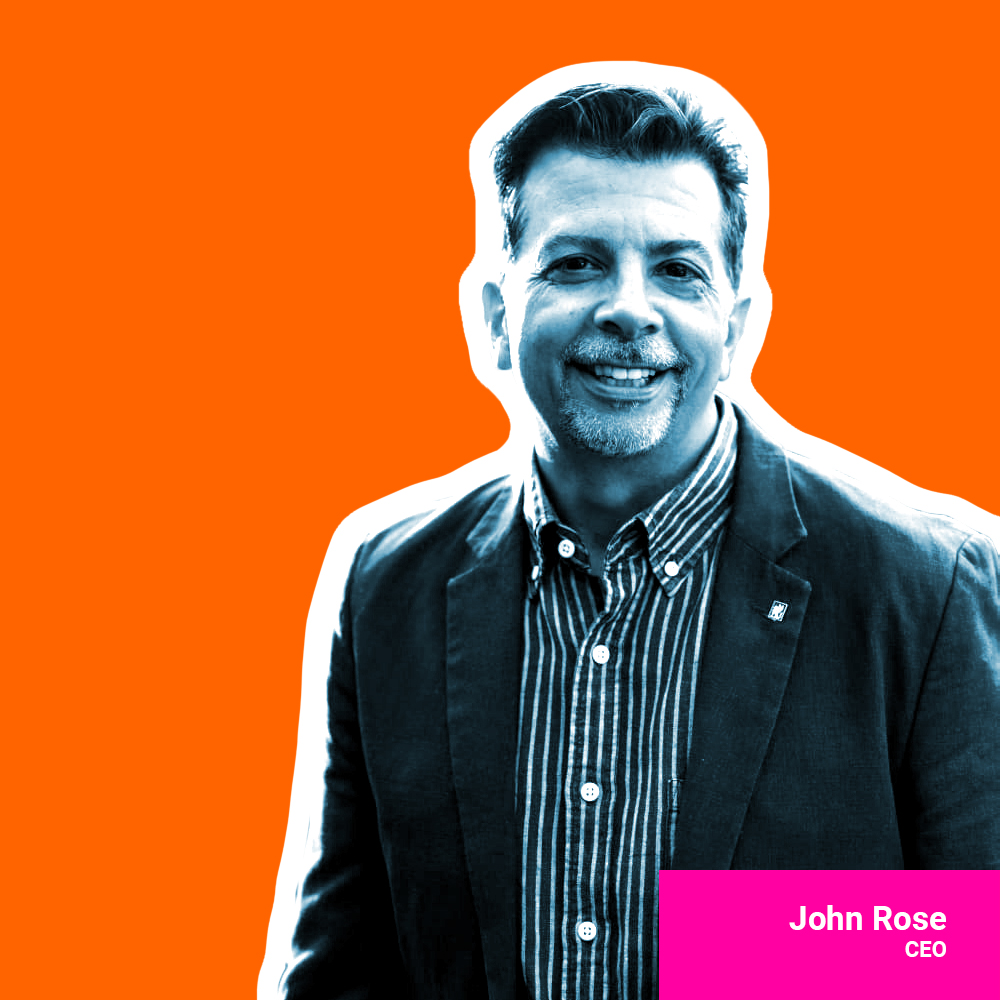
Trust Can’t Be Bought: Why Earned Media Still Rules
In a world overflowing with content, the brands that win aren’t the loudest — they’re the ones others choose to talk about.
Our agency began in Boston as an advertising agency — pure and simple. If it could be written, produced, filmed, or aired, we did it. Over four decades we’ve evolved into a full-blown creative machine for PR, content marketing, digital strategy, social media and experiential events. We build brands across every modern channel imaginable.
And yet, for all the brilliant content we produce — for all the clever ways we drive it through paid, owned and shared media — there’s still one thing we can’t replicate: the credibility of earned media. The implied endorsement that comes when someone else — someone credible — tells your story for you. No amount of smart content can substitute for that moment when a trusted third party says, “This brand matters.”
Content Builds Attention. Earned Media Builds Trust.
It’s not that content doesn’t work. It absolutely does — when it’s smart, strategic, and everywhere your audience is. But it comes with an asterisk. No matter how polished or persuasive your content, audiences know it’s coming from you.
And today’s audiences are sharp. According to the Edelman Trust Barometer, 81% of consumers now say they must trust a brand before they will even consider buying from it. That threshold has never been higher.
That’s where earned media shines. It’s the transfer of trust from a credible third party — a journalist, an influencer, a customer — to your brand. And it’s not something you can buy (not really). You have to earn it.
In fact, a global study by Nielsen shows that 92% of consumers trust earned media — things like recommendations, independent news articles, and customer reviews — more than any form of advertising. Meanwhile, data from Cision, a leading media intelligence company, reveals that earned media generates five times the return on investment (ROI) compared to paid media campaigns.
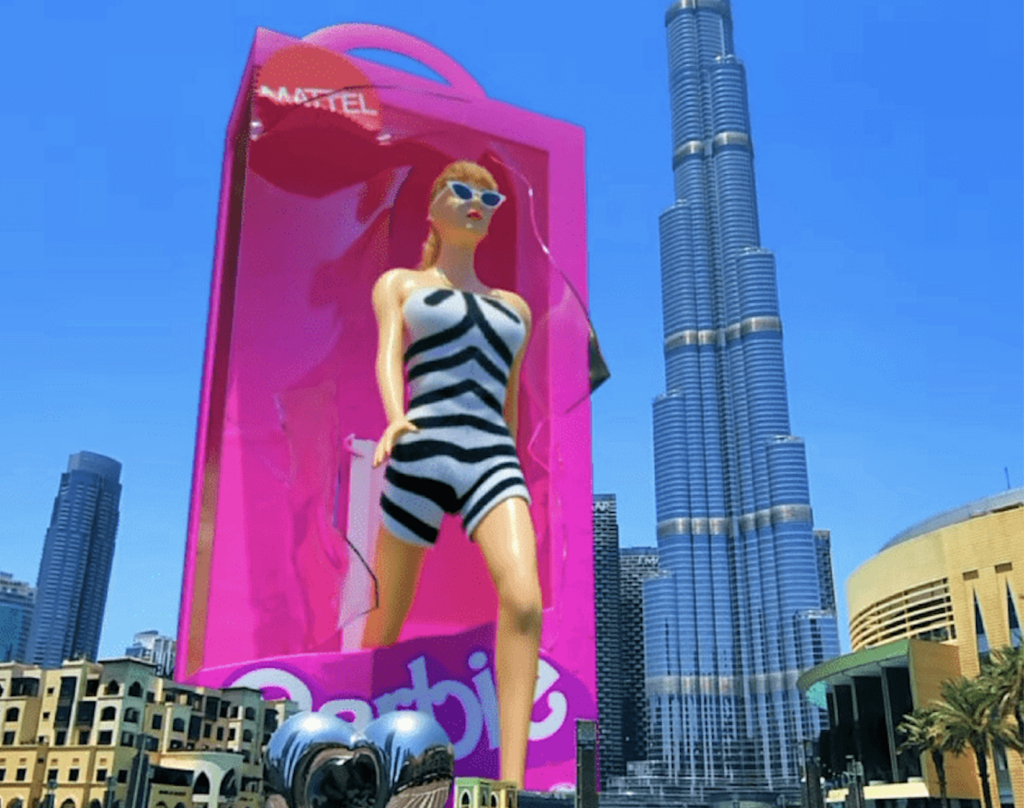
Great Content Is Just the Start — Not the Finish Line
Strong content creates opportunity. It gives journalists, influencers, and everyday consumers a reason to pick up your story.
Take the Barbie movie’s “breadcrumb strategy”: instead of relying solely on splashy trailers, the studio dropped small, intriguing teasers across platforms — from quirky brand collaborations to vivid behind-the-scenes glimpses — that fueled organic conversation. Barbie didn’t just market a movie; it created a cultural phenomenon because people — and the media — couldn’t stop talking about it.
Or look at a campaign from Specsavers, a major British optical retail chain known for playful advertising. Their “The Misheard Version” — a humorous take on song lyrics misheard by people with poor hearing — wasn’t just an ad; it was a sharable cultural moment. It sparked widespread earned coverage because it felt relatable and genuine, not manufactured.
Good content builds attention. Earned media transforms attention into belief.
The Defensive Power of Earned Media: Your Reputation’s Shield
Public relations (PR) isn’t just about building a reputation. It’s about preserving it.
Consistent, positive earned media coverage doesn’t just boost visibility — it builds a reservoir of goodwill. And when — not if — your brand faces negative headlines, market pressures, or geopolitical turmoil, that banked trust becomes your shield. Brands with strong earned reputations don’t crumble under pressure; they absorb the blow and recover faster. It also gets people rooting for you.
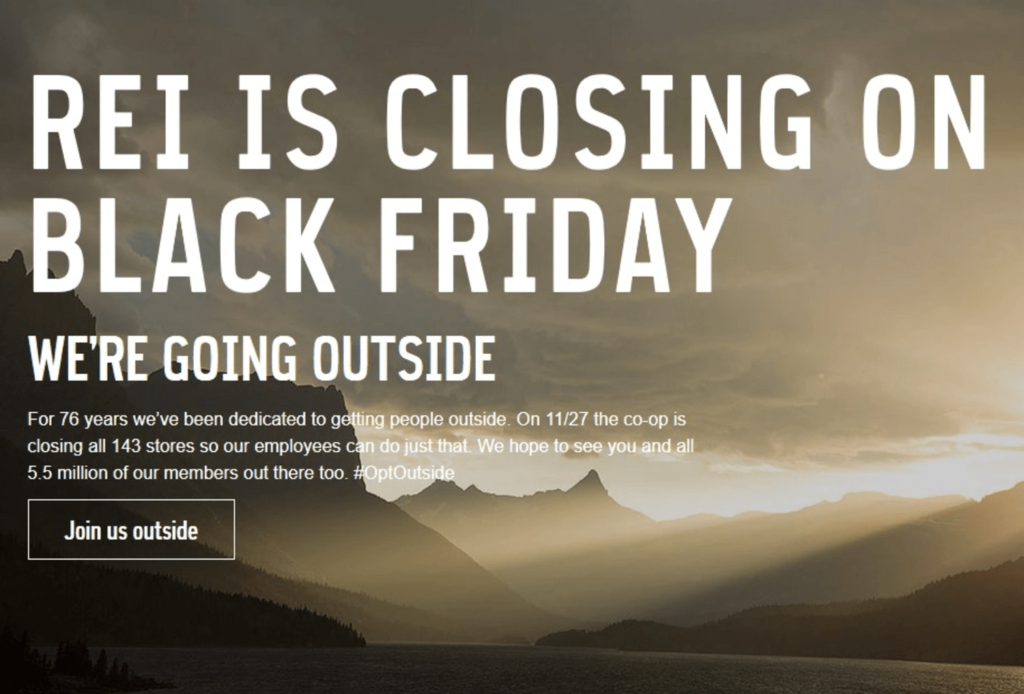
Consider the outdoor gear retailer REI (Recreational Equipment, Inc.), which made headlines by closing all its stores on Black Friday–the biggest shopping day of the year–to encourage people to spend time outdoors instead of shopping. This bold move, amplified organically by media, helped position REI as a brand with real values. Years later, even amid supply chain disruptions, customer loyalty remained rock solid.
Similarly, Patagonia, the outdoor apparel company, has built decades of earned trust through consistent environmental activism. So when Patagonia’s founder announced in 2022 that ownership of the company would be transferred to a nonprofit trust dedicated to fighting climate change, the public didn’t question the move — they celebrated it. Because Patagonia had spent years earning belief, not just buying attention.
Trust compounds. And when trouble comes, it’s the most valuable asset you have.
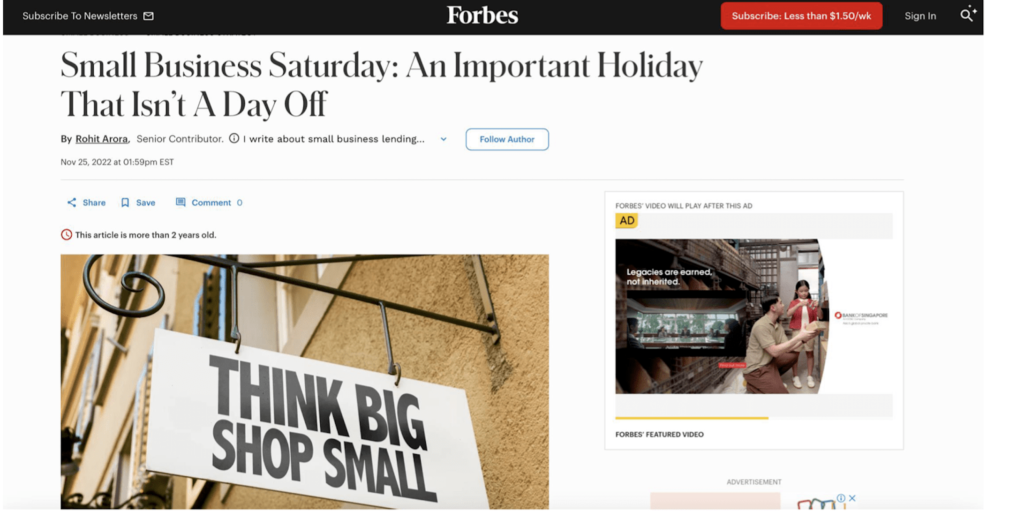
Relevance Isn’t Maintained Through Paid Media Alone
Staying visible isn’t just about throwing advertising dollars at the problem.
True relevance comes from being part of the conversation in ways that feel earned, not staged.
Take Small Business Saturday, an initiative launched by American Express in 2010 to encourage holiday shopping at small, local businesses. While American Express initially seeded the idea through marketing efforts, the annual event took off because it earned genuine media coverage and community enthusiasm. In 2024 alone, U.S. consumers spent an estimated $22 billion at small businesses on that day, according to the National Retail Federation.
Earned media isn’t a one-time PR stunt. It’s an ongoing investment in staying credible, familiar, and trusted.
How to Think About Earned Media Today
- Blend paid, owned, and earned efforts — but treat earned media as your credibility engine, not an add-on.
- Prioritize real relationships with journalists, influencers, and communities — not transactional press releases. Become a valuable information resource in your category.
- Craft stories, not slogans. People amplify narratives that resonate with their own lives, not marketing copy. Give them something to shou about.
- Prepare now for future storms. Ongoing earned media coverage builds a safety net of goodwill that you’ll need when — not if — challenges hit.
You Can’t Manufacture Trust — You Have to Earn It
At our agency, we’ll keep creating bold content. We’ll keep pushing boundaries in digital, social, PR, and experiential marketing. But we know—and we teach every client—that you cannot outshout doubt. You can only out-earn it.
When credible voices tell your story, you don’t just win attention. You win belief.
And in today’s crowded, cynical marketplace, belief is the only real victory that matters.
Sources: Gartner CMO Spend Survey 2024, NNGroup AI Content Study 2024, Coca-Cola Open AI Collaboration 2023, L’Oréal Beauty Tech Update 2024, Emirates Group Annual Report 2024, Sony Music AI Content Strategy 2024, McKinsey State of AI in Marketing 2024, Fjällräven Digital Strategy 2024, Ganni Digital AI 2024, HubSpot 2024 AI Report.


